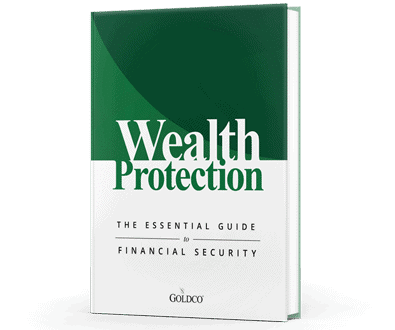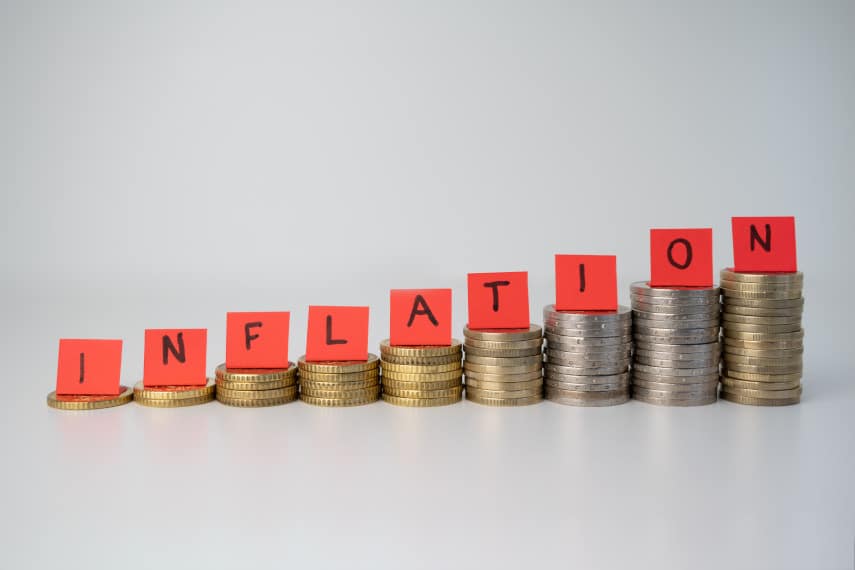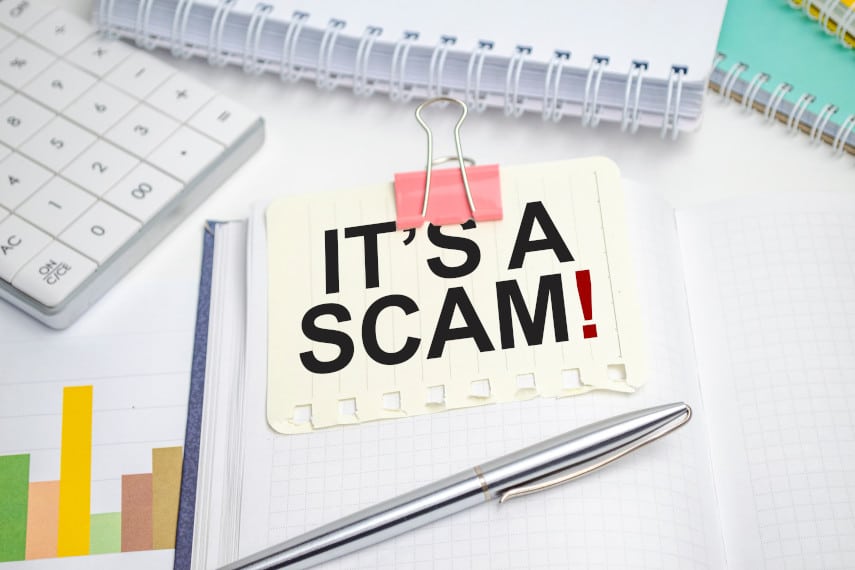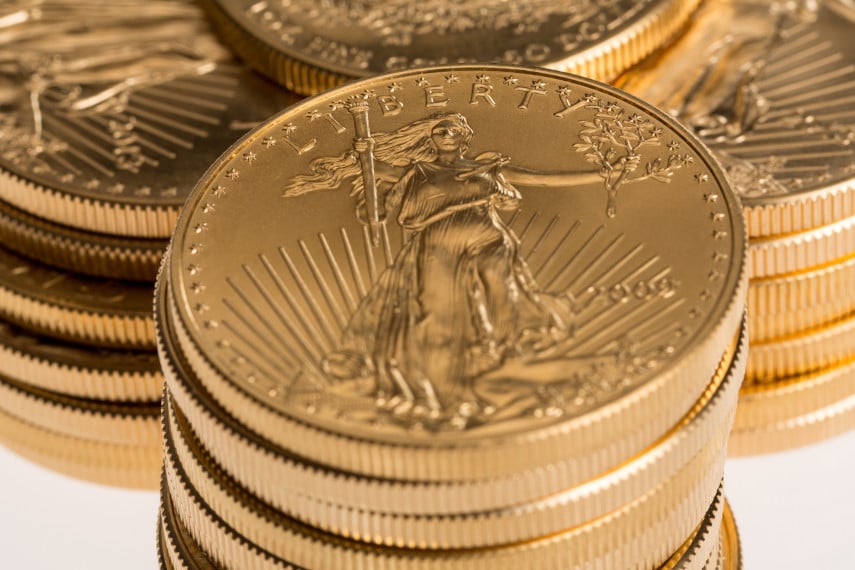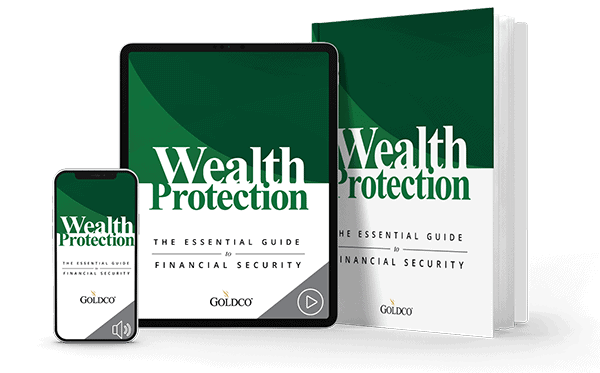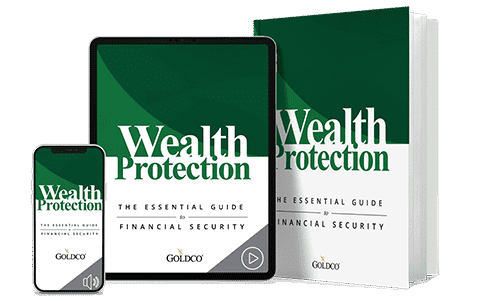
For most people, 2020 has turned out to be a year they would rather forget. Dominated by COVID, lockdowns, and economic stagnation, each month seems to bring new twists and turns. By now, most people are wishing for a return to normal. They’re tired of the constant fear that’s being drummed into their heads, and they’re looking forward to getting their lives back on track. But will 2021 be any better?
The economic slowdown that occurred this year was a massive own goal, the result of governments panicking and shooting themselves in the foot. The economic consequences of shutting down businesses have been disastrous, and hindsight has demonstrated that much of that was probably avoidable. But what’s done is done, and now we have to deal with the results of what has already happened.
While many had been hoping for a V-shaped recovery, that never came to fruition. And now we’re faced with the very real possibility of a double-dip recession. Unlike the 2008 financial crisis, the next crash could encompass numerous areas all at once. Here are four of the primary threats to the economy in 2021.
1. Housing Bubble
While the current housing bubble may not be as prominent as the one that collapsed catastrophically in 2008, there is nonetheless a bubble. The worst effects of the last housing bubble were never allowed to shake out, as the Federal Reserve pumped trillions of dollars into the financial system to keep housing prices elevated. They succeeded in that endeavor, yet failed to address the underlying issue: many people who had bought homes couldn’t afford them.
Many of those homeowners remained underwater in their mortgages for years, while others struggled to continue paying their mortgages. And with the recent rounds of layoffs, millions of households are finding themselves unable to make their monthly payments. If this goes on much longer, we could see another wave of mortgage defaults and a return to the days of homeowners walking away from their mortgages.
2. Commercial Real Estate
Now that work-from-home culture has become ingrained at many companies, executives and bean counters are beginning to realize that they don’t need the massive amounts of office space they once thought they did. The idea of leaning out their office holdings and saving millions of dollars a year in rent, upkeep, and property taxes is an appealing one to corporations both large and small. Don’t be surprised to see many firms not renewing leases on office space, or trying to sell or repurpose office buildings or land they own.
With many smaller businesses now permanently out of business, malls and shopping centers are becoming ghost towns even more rapidly than they were before. And that too will have profound ramifications on the commercial real estate market. Major commercial landlords could face a financial crunch, up to and including bankruptcy, if this trend continues.
3. Businesses Closing
Small businesses have been the engine of American growth for decades, and even today they employ nearly 50 percent of the private sector workforce. But since many of them lack the cash resources that larger companies do, they’ve been adversely affected by COVID lockdowns. Many have had to furlough or lay off employees, reduce hours, or even close down temporarily. 60% of businesses that closed during COVID ended up shutting down permanently. One-third of restaurants are expected to close. And with future consumer demand unsure, as millions of Americans remain out of work, the outlook for the future isn’t very bright.
4. Stock Market Crash
Amidst all of this, stock markets remain at elevated levels, in recent weeks remaining close to their all-time highs. That was largely thanks to the Federal Reserve’s $3 trillion of monetary stimulus, which tried to paper over the effects of COVID lockdowns.
Stock markets have always been a lagging indicator of recessions, with their biggest declines often coming only after recessions have already begun. By the time investors realize that a stock market crash is underway, it’s too late to get out. Selling at the bottom just locks in losses, but many investors unfortunately do just that.
The question facing investors today is, when will the crash occur? The Dow Jones lost over 35% in the mini-crash in March 2020, yet stock markets subsequently rebounded and shook off that loss like it had never happened. With such topsy-turviness, how are investors supposed to know when the real market top occurs, and when the final correction is well and truly underway?
Unfortunately, it’s nearly impossible to detect market crashes before they occur, particularly when those crashes take months to materialize, as in the 2007-2008 bear market. That’s why it’s important to make sure that your assets are protected before a crash, so that when the crash does occur, you won’t panic and make the wrong financial decisions.
Are Your Retirement Savings Protected?
The stock market bull market of the past four years has made many Americans into 401(k) millionaires. But they’re only rich as long as their assets maintain their value, or if they cash out. With so many investors heavily invested in stocks, a stock market crash could cause them significant losses. And for those nearing retirement, the effects could be catastrophic for their retirement dreams.
Stock markets lost around 55% of their value from their peak in 2007 to their trough in 2009. Given the severity of the coming crisis, and based on what we already saw in March, the next crisis could make the 2008 crash look like nothing. In a worst case scenario we could see 80% losses, on par with the Great Depression. What steps have you taken to protect your retirement savings against those kinds of losses?
Many investors learned their lesson from the Great Recession, having seen how well gold performed while stock markets were plummeting. With gold having broken through its all-time highs this summer, and still at around $1,900 an ounce, those who trusted gold to protect their wealth have seen their trust in the yellow metal rewarded. And with the economy looking likely to weaken even further, the gold price could continue to rise for quite a while longer.
Those who haven’t yet invested in gold might want to start thinking about it, lest they lose out on the opportunity to benefit from a rise in the gold price during the next stock market correction. Through a gold IRA, investing in gold can be just as easy as investing in any other tax-advantaged retirement account. You can even transfer or roll over existing assets from 401(k), 403(b), TSP, IRA and similar retirement accounts into a gold IRA, allowing you to maintain the tax advantages you already enjoy while benefiting from an investment in physical gold coins or bars.
If you’re worried about the direction the economy is going, why wait a day longer than necessary to protect your retirement savings? Start thinking about investing in gold today, so that you won’t expose yourself to the potential for major losses when the economy goes south.

